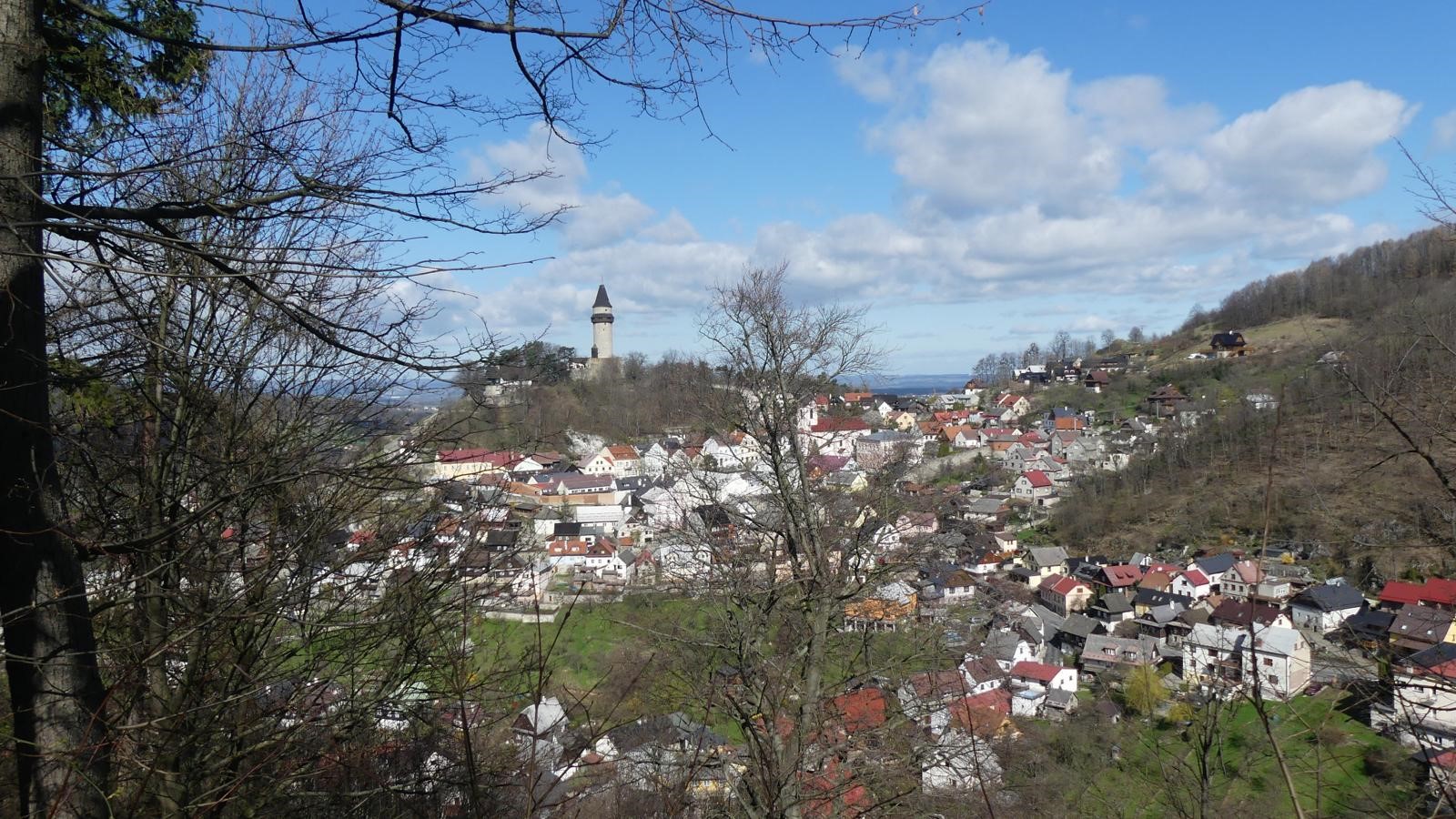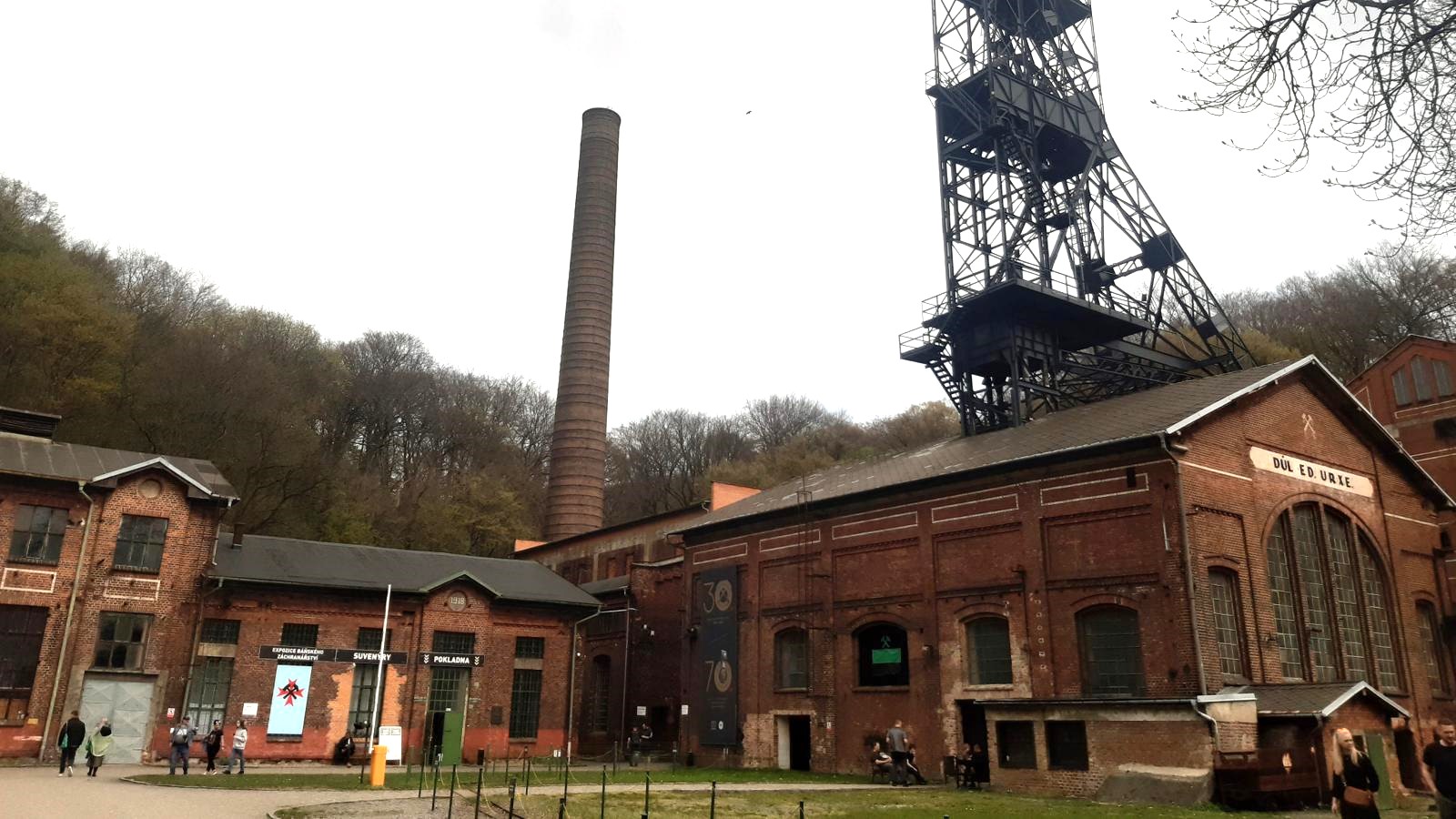Exchange studies in Ostrava - deepening professional skills in civil engineering
Heidi Hellgren, a civil engineering student at Metropolia, went on student exchange to the Technical University of Ostrava where she studied both civil engineering and architecture, which significantly deepened her professional skills.
Heidi Hellgren is in her fourth year of studying civil engineering at Metropolia. She spent the spring semester 2024 on exchange at the Technical University of Ostrava, Czech Republic. Since returning to Finland, Heidi has been working in a company of her own field and is finishing her degree. We met Heidi and asked her how she felt about going on exchange to a destination she knew relatively little about, how her studies complemented her specialisation, and what is the importance of international experience in working life.
Learning possibilities both in construction and architecture
Heidi specialises in structural engineering in her studies at Metropolia. Her studies consist of theory and group work, where various projects are carried out. Each year of study is followed by a summer internship. Heidi has done her last two internships for the same infrastructure services company and is now continuing her thesis there.
Heidi is particularly interested in bridge design in her field, and her exchange at the Technical University of Ostrava provided an excellent framework for this. Heidi did her courses at the FAST campus in Poruba, which offers both civil engineering and architecture courses. The exchange students were able to cross-train, which allowed Heidi to take courses that are not often or not at all offered at Metropolia.
"I was able to develop my specialisation through interesting courses in the field of infrastructure. I studied subjects such as bridge design and urban water systems. It was also great to be able to study architecture. The course on low-energy buildings was very interesting," says Heidi.
Heidi's courses were attended by exchange students from all over Europe and other continents. Many of the courses covered both local, Czech building techniques and materials, as well as various country-specific features, with students from around the world taking turns to showcase their own country's building heritage. Heidi was initially surprised by the large number of presentations in the courses, but in the end, she was pleased with the broad international range of topics covered in the different courses.

View over the city of Štramberk. Photo: Heidi Hellgren.
Choosing an exchange destination she didn’t know paid off
Heidi has lived in France and travelled all over Europe before coming to Metropolia, but she had never been to the Czech Republic before. Ostrava was also not a city she was familiar with. In fact, she knew very little about it. However, Heidi had decided that what she wanted from the exchange was a new experience and thought that a less familiar destination would be particularly suitable.
During the exchange, Heidi actively participated in local activities of the Erasmus Student Network (ESN), such as board game nights and hiking trips. Through the organisation, she also had her own tutor, who met her when she first arrived in Ostrava and advised her on student life during university orientation week and throughout the semester.
During her exchange, Heidi lived in a dormitory on the Poruba campus and shared a room with another exchange student. Living on campus and in a shared room was new to Heidi but proved to be an excellent choice: it was easy to get to know other students and the journey to classes was short. The centre of Ostrava is less than half an hour away from Poruba and Heidi was able to learn a lot about the history of the area during her exchange.
"Ostrava is an old mining town, where for decades there was a lot of heavy industry. It suffered from air pollution because of the industry, but in recent decades the region has made great strides towards a green transition and air quality has improved significantly. One of the large mining areas, Dolní Vitkovice, is now a centre for art and cultural events. It was interesting to learn about the new uses of such a building stock and overall, I am very happy that I chose this exchange," says Heidi.

Former mining area Dolní Vitkovice is now a centre for art and cultural events. Photo: Heidi Hellgren.
International exchange developed cooperation skills and stress tolerance
Heidi feels that she has gained a lot of professional skills related to her field of specialisation, but also considers other skills to be an important part of the learning experience. Heidi feels that international exchanges develop skills such as cooperation, stress tolerance and flexibility. All of which are needed in the world of work. In addition, getting to know different parts of Europe broadens your understanding of both regional activities and cooperation between regions. In addition to her own field, Heidi also learned about the joint carbon neutrality efforts of universities, which both Metropolia and Ostrava are focusing on through the U!REKA European University Alliance.
A degree in engineering from Metropolia and the specialisation within it is an excellent starting point for a career. Right now, Heidi is delighted to be doing her thesis on bridge design for a familiar company, and she is looking forward to the challenges of her field.
"The engineering degree is my second degree, and I'm really happy that I decided to apply to study at Metropolia and that I can do the infrastructure engineering work that interests me," Heidi says.